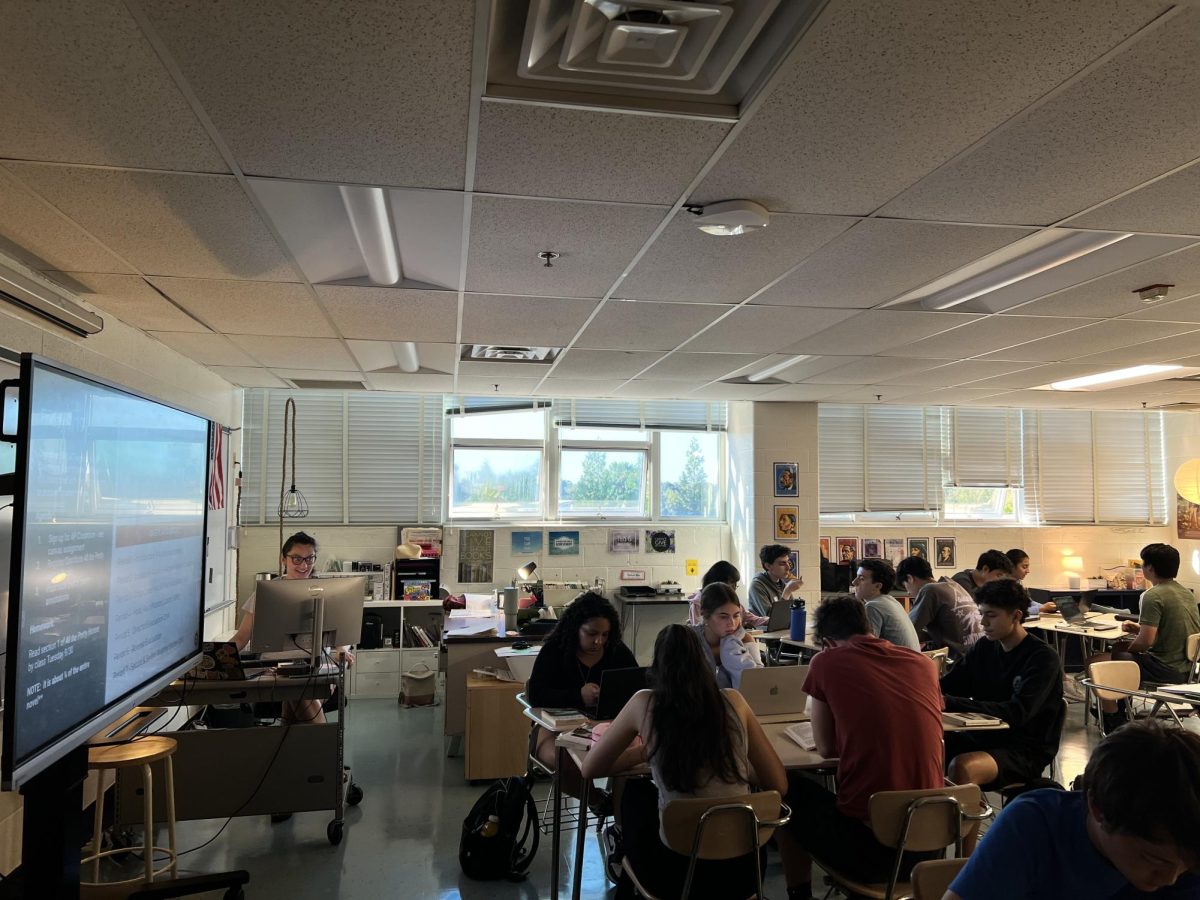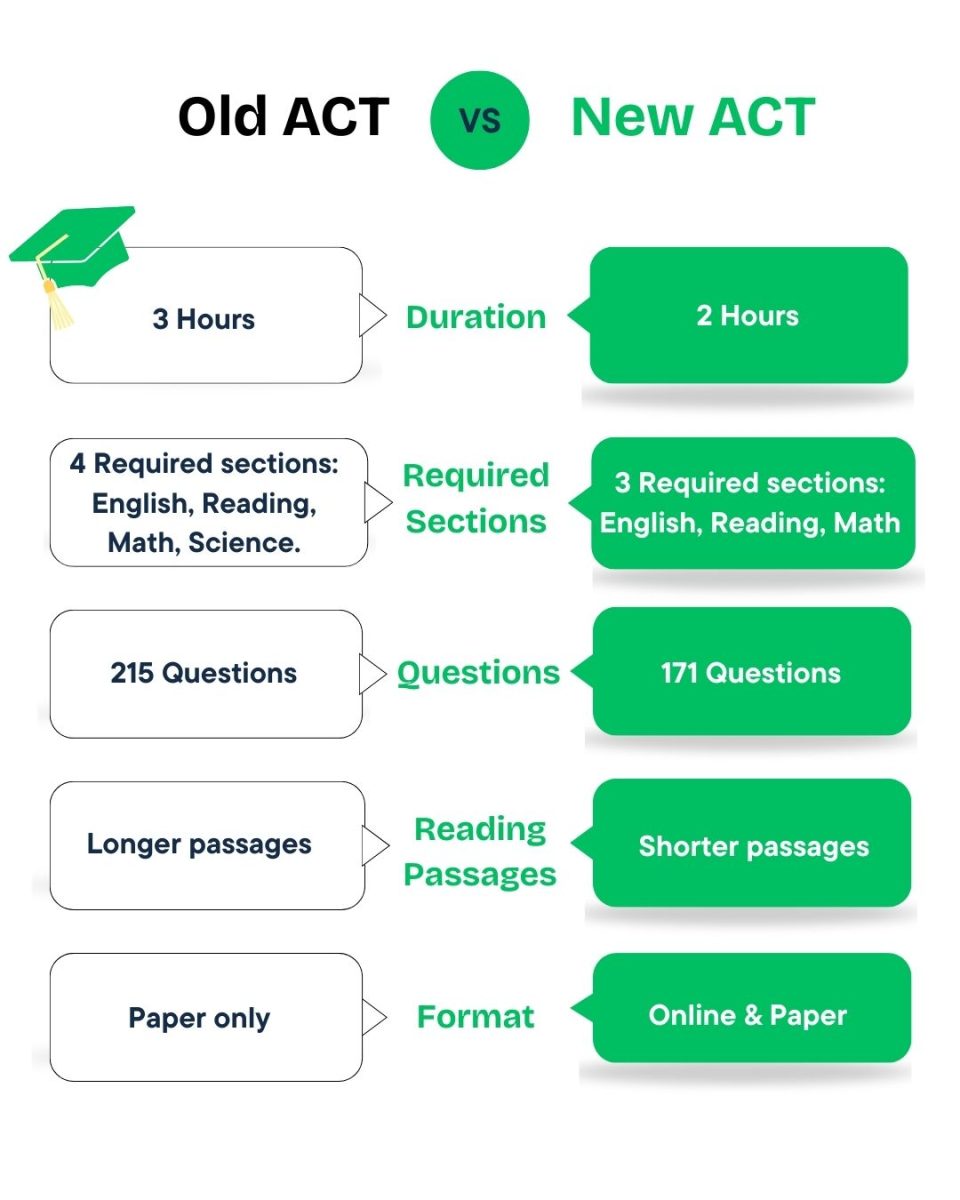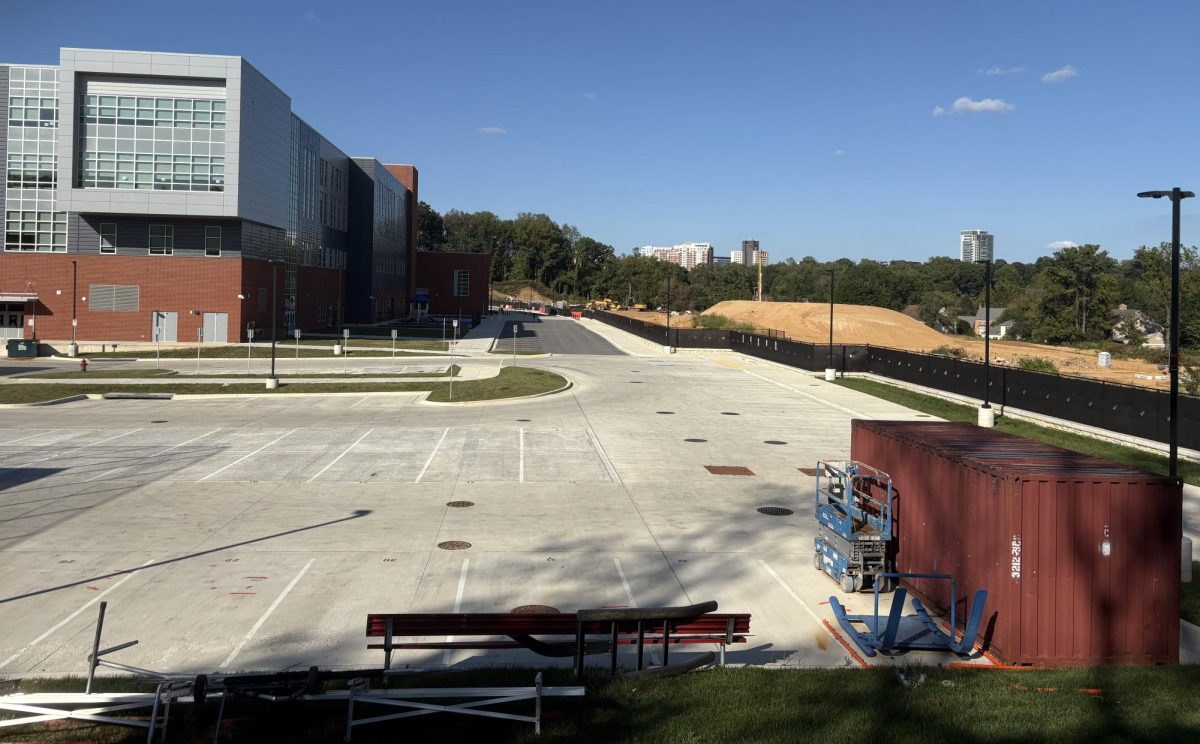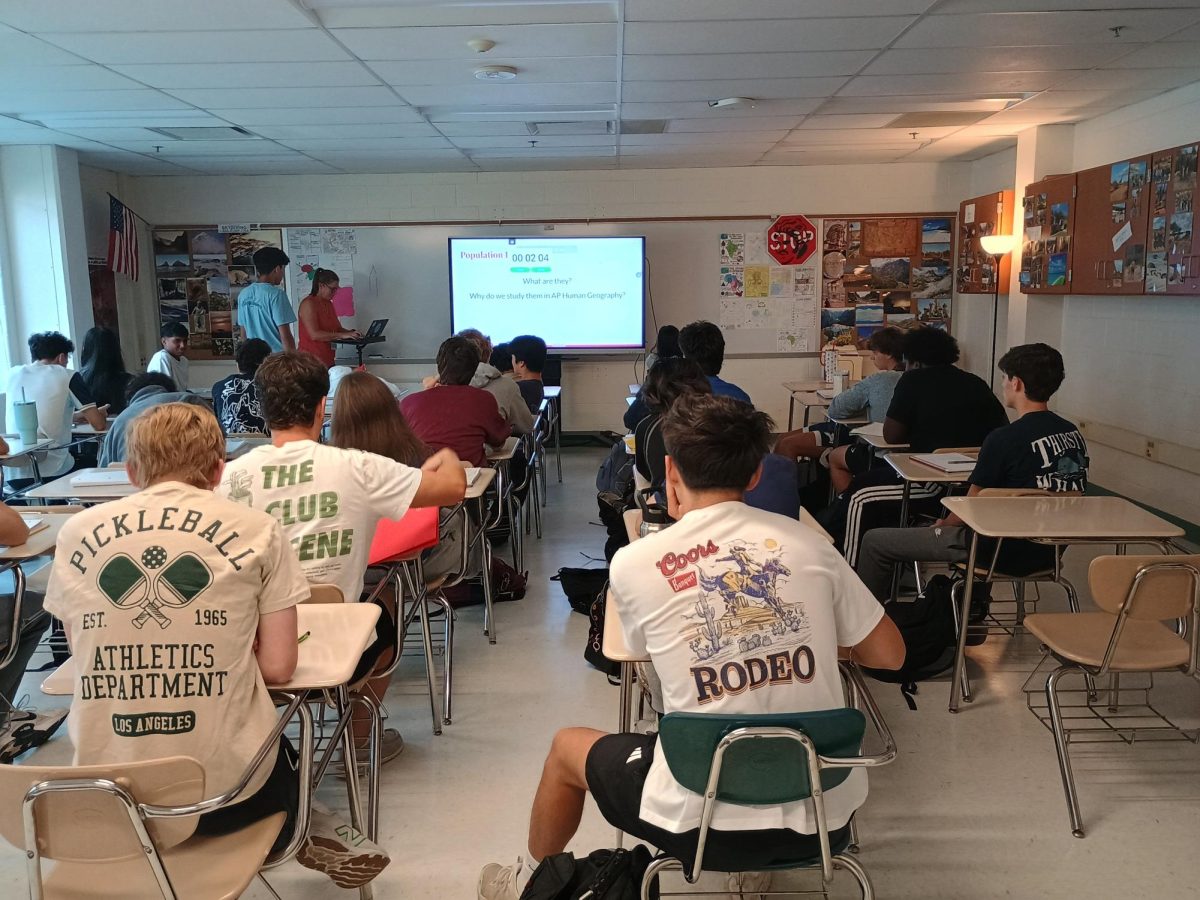In honor of the diverse Asian representation WJ has to offer, multiple clubs and student unions worked together to organize an assembly on Friday, Oct. 13. The assembly was primarily led by the Asian American Student Union (AASU) and South Asian Student Union (SASU), along with clubs such as APRO, Guitar, Haiku, Hip Hop, Thai and Taekwondo club, showcasing a variety of cultures and traditions. The main purpose of the assembly was to promote inclusivity and bring awareness to the history of Asia and Asian Americans.
The assembly consisted of two parts: entertainment and advocacy.
The performances consisted of K-pop dances, guitar playing, taekwondo demonstrations, traditional Thai dances and South Asian dances. Each performance group expressed much enthusiasm and practiced to hone their skills for multiple weeks leading up to the assembly.
“We were very excited to perform, especially since we opened the assembly! I hope that everyone who watched our performance enjoyed it,” senior APRO president Yashawini Jayakumar said.
Many students were awestruck by the Taekwondo demonstration, a combat sport developed by Korean martial artists.
“There was one guy who broke two boards by doing a split in the air which was super cool. I enjoy having lots of assemblies for all the different cultures in our school since WJ is just so diverse,” sophomore Grace Keehn said.
Members of different Asian clubs also discussed the history of Asian countries. Both the AASU and SASU hope to promote Asian culture, not just through pop culture or media, but through history and activism.
“Our themes about history, activism and connection can be relevant for people of any racial or ethnic background,” senior APRO member Niya Tripathi said.
Additionally, the AASU and SASU are working on the release of an Asian Pacific Islander Desi American elective history course at WJ. They are partnering with the Asian American Progressive Student Union (AAPSU) to achieve a more inclusive curriculum based on Asian history and culture.
Senior AASU president Ziqing Chu, looks forward to more WJ students understanding the depth and beauty of Asian culture.
“The goal is to foster cultural awareness and provide some representation for APISA (The Asian Political and International Studies Association) students. We really don’t see enough Asian perspectives in history taught here,” Chu said.















